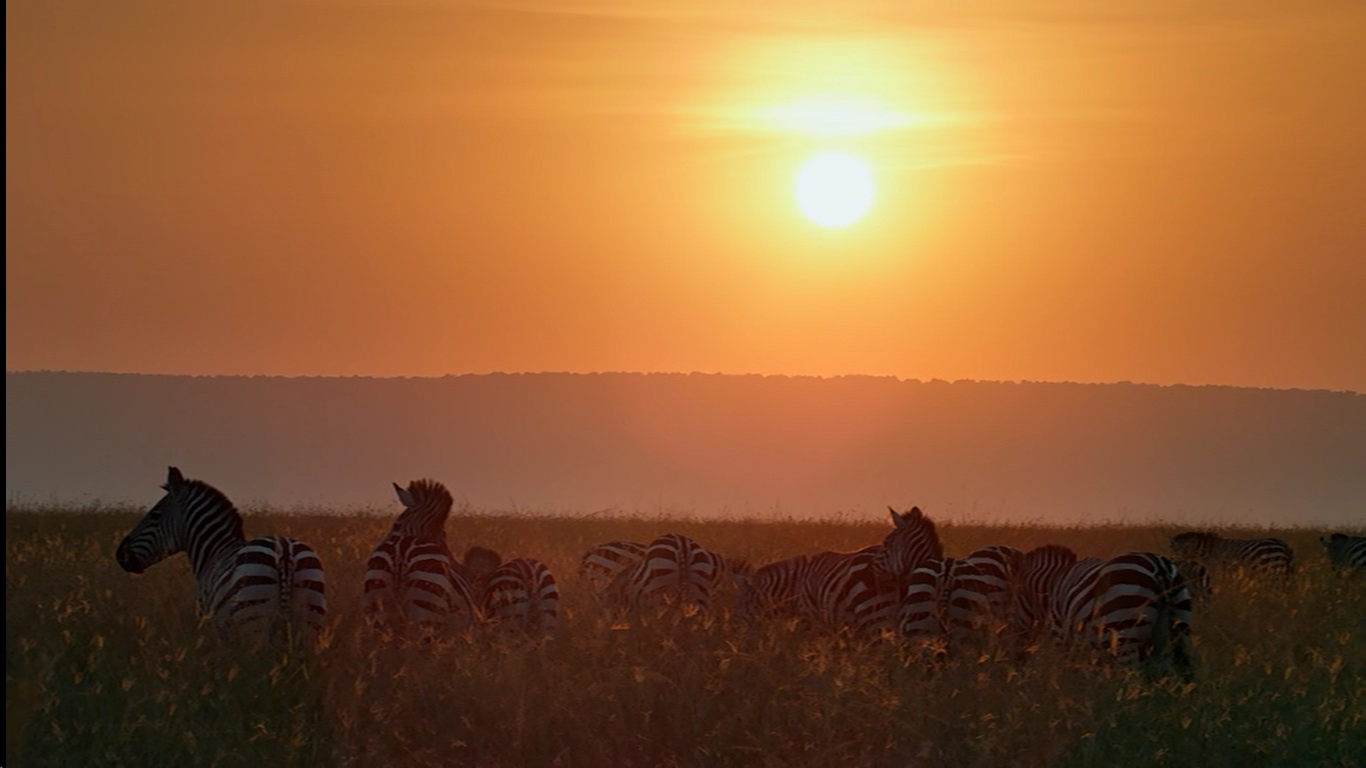After the inspiration I found with Planet Earth, I was very excited to start a newer series of wild life documentary also narrated by David Attenborough. Again I decided to screenshot the series so I could build a collection of photos for reference material, and find inspiration in. Something I learnt from Planet Earth and continued throughout this programme, is that animals generally care about two things: food and reproduction. Generally speaking, males only really care about mating and eating, and females eating and raising young.
Again, I found so many incredible stories they sometimes defy belief, some for compassion and some for brutality. For example, a humpback whale who's calf was very weak and was struggling with the migration north. As she tried to keep him afloat near the surface to breath, she too started to become exhausted. Just as she looked like she gave up and abandoned her calf to save herself, a group of sharks moved in to kill the calf. Just in time, the mother returned and had brought help. The male, who was no the calf's farther, blew bubbles around the calf to keep the sharks away and then displayed protective and violent behavior to warn the sharks away, something that had never before been recorded.
Another interesting story was the Goslings who nested above the cliffs, with a 400 foot drop, this they chose for the lack of predators in the area. But before the chicks can fly, they need to get the bottom of the cliff to feed on grass, and must jump, fall down the rocky cliff face with no help. Three of the five gosling chicks survived the fall.
I learnt so much in this series, like the early stages of a mantis' life cycle, and how they are born soft, they must then find a safe spot, and they in 20 minutes their skin hardens for protection. Then, they begin to eat each other, one escapes only to be followed by a jumping spider. Eventually the youngster looses the hungry spider, and finds a fully grown mantis. The mantis then kills the youngster and eats it alive.
There was also two stories about two different species of octopi, one which can change its colour and shape to blend into the environment and even imitate predators. Another, that has no defense, so searches for cococunt shells, and hides in them from predators, often rolling away from danger inside the shell, which is also the first footage of an octopus using tools.
I also learnt about a type of male bird that finds a male partner who is younger, and practice a synchronized dance for up to a decade just to impress a female. If they do the slightest thing wrong, she will loose interest. This kind of commitment is extraordinary, and how they learn to synchronize their dance between them is something that baffles me.
Another extremely touching moment was when a herd of elephants came across elephant remains. And they all stopped, stroked the bones with their trunks and looked very sombre. It was unknown if it was a relative, but the way they behaved so gently and respectfully around the remains leads me to believe it almost certainly was. It's moments like this when you can see wild animals behave in such a way that truly shows their colours. The natural world is fierce, violent, brutal and tough. There's a good chance your life will end by being eaten alive, or it will be spent killing and eating others. But it can also be very tender, intelligent, beautiful and caring.
This is something I would love our comic to be about. To show how brutal the animal kingdom is, how amazing it can be with so many animals possessing so many different abilities, and also how caring they can be. I really hope we can capture the essence in our characters that will make them behave more like animals and less like humans.
























































































No comments:
Post a Comment